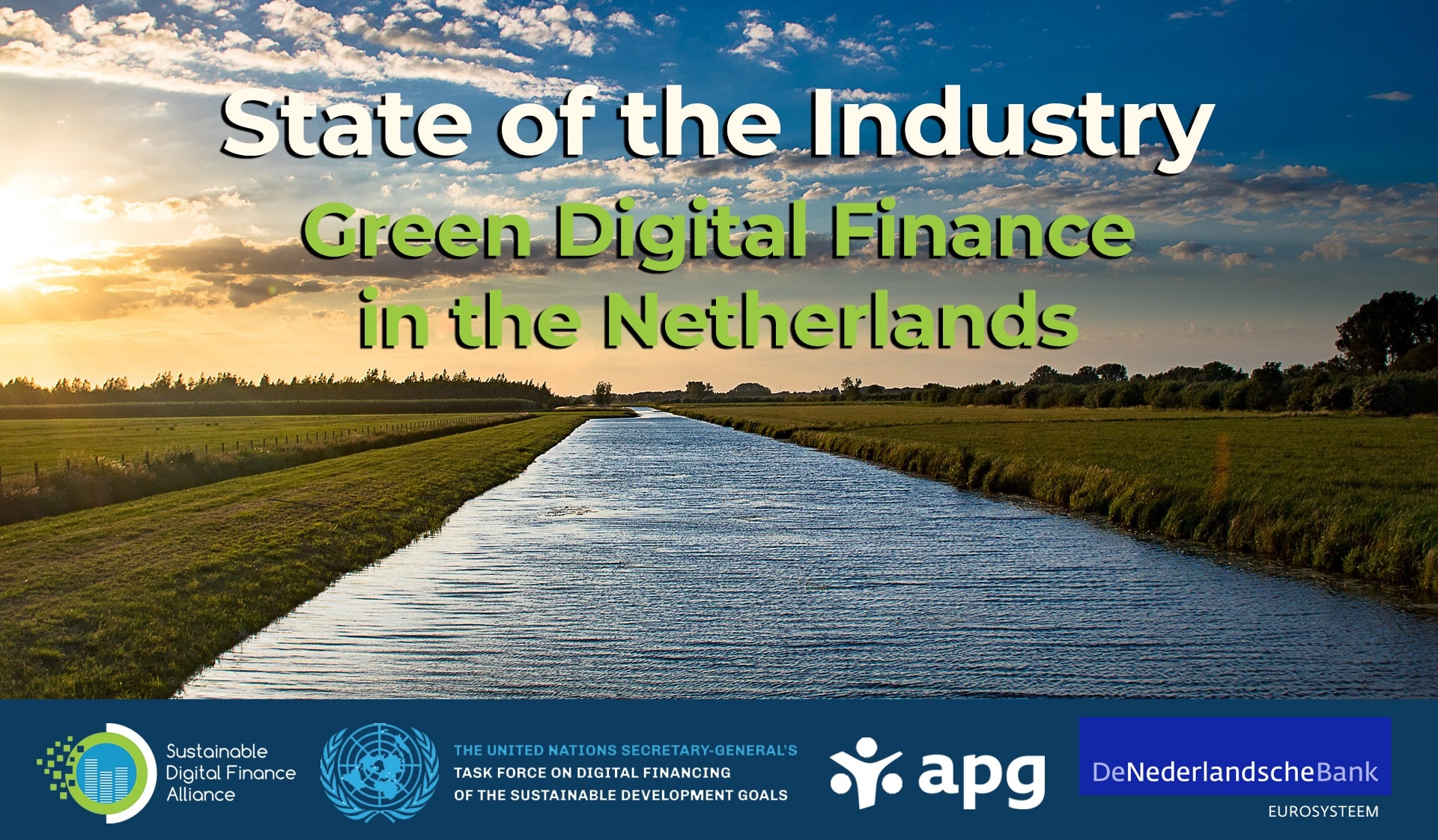Welcome to the Frictionless Finance Report, our monthly look at everything new in the world of Open Banking, FinTech, and consumer experience. This month we examine the future of the Open Banking Implementation Entity (OBIE), the latest Open Banking news from across the globe and the continued impact of Coronavirus on the finance sector.
Open Banking
While we often talk at length on the technicalities of Open Banking, the volume of API calls that are being made, and new use-cases that are being found, it is not often that we give reference to the OBIE. This month in the Frictionless Finance Report, they feature prominently, due principally to UK Finance proposing the creation of a new body to oversee Open Banking in the UK, and because their media friendly chief, Imran Gulamhuseinwala, has leant his own thoughts on the future of Open Banking in the UK.
Both Finextra and IBS Intelligence cover the story suggesting that UK Finance have proposed a new body to take forward Open Banking in the UK when the OBIE’s roadmap expires in 2021. The OBIE were created under the auspices of the Competition & Markets Authority in 2016, and over the last four years have been the driving force behind the implementation of Open Banking in the UK on behalf of the UK Government and regulators.
The news was broken in a new report from UK Finance, published in conjuncture with Accenture, titled Open Banking – Future State.
The report states that on completion of the OBIE’s roadmap in 2021, a new body should be formed with the remit of carrying forward Open Banking in the UK. The FCA is also likely to input as it prepares to publish a new report on moving from Open Banking to Open Finance.
Tom Graham, managing director in Accenture’s UK banking practice, said:
As the power of Open Banking continues to gain momentum and drive welcome innovation in the UK for the benefit of consumers, community collaboration is vital to ensuring this continues. This report lays out the next steps for building on the highly successful foundations the UK has built – maintaining the country’s technical lead, supporting business models built on this infrastructure, whilst considering what might come next.
In a wide-ranging interview, the OBIE’s trustee, Imran Gulanhuseinwala spoke at length to Lexis Nexis on the future for Open Banking in the UK. Encouragingly, he spoke of the robustness of the system in the face of the global Coronavirus pandemic, and calls for banks to respond at a time when the pace of change has greatly accelerated. He further states that the OBIE has moved on from the creation of a regulatory environment to the creation and build of premium APIs from which banks can directly benefit.
Separately, Open Banking has launched an app store to help consumers and business who require more clarity on the regulated entities using Open Banking. Through the store, individuals and business owners can compare products and services across a range of categories, including budgeting, accountancy & tax, payments, borrowing, debt advice, financial safeguarding and more.
David Beardmore, OBIE ecosystem development director, said:
Consumers and SMEs need more clarity than ever on how to manage their finances through this difficult time. With the number of banks and fintechs offering Open Banking-enabled products growing so rapidly, deciphering the advantages of each product can seem daunting. With the launch of the Open Banking App Store, we are enabling individuals and businesses to find the financial products that are best suited to their situation by helping them narrow down their options and see what’s out there.
The open banking app store can be found on the open banking website, here.
Best of the rest in Open Banking:
- Data aggregation is the way for Open Banking to flourish argues Fiserv in pymnts.com
- Scandi startup Tink suggest in a new survey that investment by banks in Open Banking is higher in the UK than anywhere ese.
- PSD2 may be here, but the APIs required to support it are not yet ready say FinTech Futures.
Author: Kenny Pattie, Content Marketer
Read the full article here


